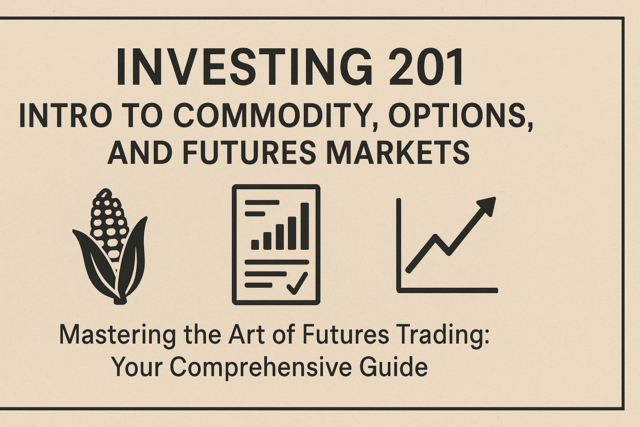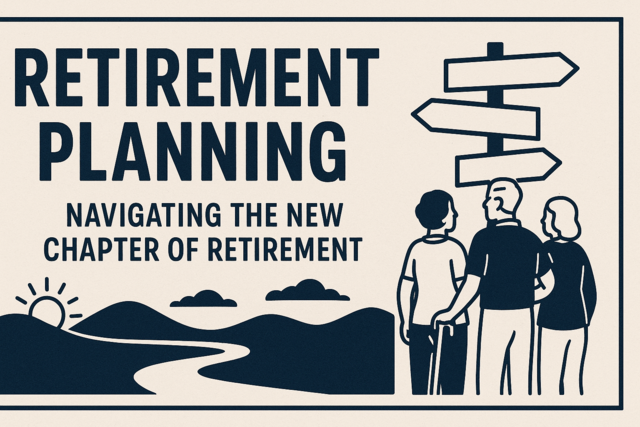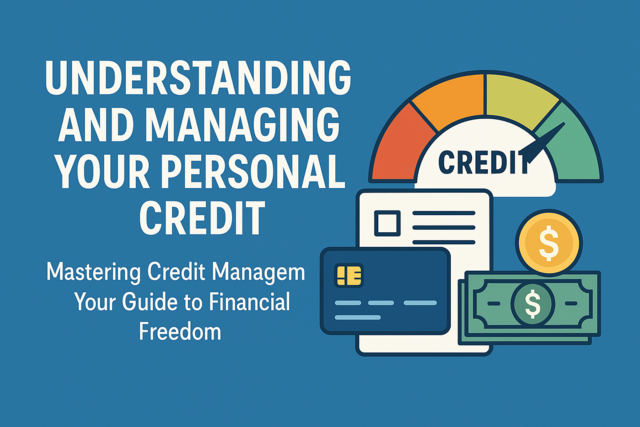Economics 101
Learn the Basics of World Economies!

17 Hours average completion time
1.7 CEUs
11 Lessons
14 Exams & Assignments
41 Discussions
11 Videos
12 Reference Files
111 Articles
Mobile Friendly
Last Updated February 2026
Unlocking the Mysteries of Economics
In the modern era, soundbites and snippets from media often influence public perception about economics. Yet, with economic principles influencing everything from global policy to daily household decisions, a deeper, more nuanced understanding becomes crucial.
Economics is not just the study of wealth or financial dynamics; it's an examination of how societies manage resources, make choices, and address scarcity. Every day, consciously or not, individuals make economic decisions that ripple out into wider societal and global systems.
Course Vision
Our comprehensive course is designed to bridge the knowledge gap, providing a clear and engaging roadmap to the world of economics. We aim to offer learners a foundational grasp of economic concepts and their relevance, breaking down complex ideas into digestible modules. This course covers a wide spectrum of topics, from the historical roots of economics to its various schools of thought, and from the micro-level decisions of households to the macro-level dynamics that shape national economies.
Curriculum Breakdown
-
Lesson 1: Definition, History, and Various Forms of Economics - Understand the evolution of economic thought and explore different economic systems throughout history. For example, how did ancient trade systems differ from today's globalized economy?
-
Lesson 2: Schools of Thought - Dive into the diverse perspectives within economics, from classical and Keynesian theories to more modern approaches. How do different economic theories interpret the 2008 financial crisis?
-
Lesson 3: Ten Major Principles of Economics - Learn the foundational concepts that underpin all economic discussions, such as scarcity, opportunity cost, and market efficiency.
-
Lesson 4: World Economic Systems and Comparative Economics - Delve into the various economic systems around the world, comparing their strengths and weaknesses. What can we learn from the Scandinavian model versus the U.S. capitalist approach?
-
Lesson 5: Components in Societal Economy - Examine the building blocks of any economy, including labor, capital, and entrepreneurship. How do these components interplay in a thriving economy?
-
Lesson 6: Basic Tenets of the U.S. Economic System - Uncover the principles guiding one of the world's most influential economies. How does the U.S. handle issues like monopoly, competition, and public goods?
-
Lesson 7: Global Economies: Ranking National Economies - Assess the world's major economies, understanding the metrics and indicators that determine their standing. For instance, why has China seen such rapid economic growth in recent decades?
-
Lesson 8: Micro and Macro: Styles of Economics - Understand the distinction between individual, business, and national economic decisions. How do choices made at a local coffee shop impact the broader economy?
-
Lesson 9: Federal Reserve System: aka "The Fed" - Dive into the pivotal role central banks play in stabilizing and guiding economies, with a particular focus on the U.S. Federal Reserve. What tools does the Fed use to combat economic downturns?
-
Lesson 10: Managerial Economics - Learn how economic principles can guide business decisions, from pricing to production. How can understanding elasticity improve a company's bottom line?
-
Lesson 11: Gross National Product (GNP) and Gross Domestic Product (GDP) - Decode these crucial indicators of economic health. How did global GDP figures shift during the COVID-19 pandemic?
Why This Course?
Whether you aspire to better manage your personal finances, launch a business venture, or simply become a more informed global citizen, this course lays the groundwork. We've designed it to be accessible without sacrificing depth, ensuring that learners come away with both the big-picture perspective and attention to detail required to navigate the economic landscapes of today and tomorrow. Join us and unravel the complexities of economics, empowering yourself in a world where these principles play an ever-growing role.
- Decision-making using economic principles
- Understanding the role of central banks
- Analyzing economic data effectively
- Understanding global economic systems
- Critical thinking in economic contexts
- Interpreting financial indicators like GDP and GNP
- Applying theories to real-world situations
- Comparing different economic frameworks
- Evaluating economic policies
-

Operations Management 101
-

Slack
-

Journalism 101
-

Investing 201: Intro to Commodity, Options, and Futures Markets
-

Negotiation Skills
-

Modern Marketing Strategies for Small Business
-

Restaurant Management Mastery
-

Typing and Keyboarding 101
-

Innovative Thinking Skills
-

Business Credit 101
-

Running Effective Meetings
-

Emotional Intelligence
-

Understanding Insurance Types
-

Retirement Planning
-

Critical Thinking Skills
-

Debt Reduction
-

Business Budgeting 101: How to Plan, Save, and Manage
-

Estate Planning
-

Customer Relationship Management
-

Creative Thinking Skills
-

Habits of Millionaires
-

Project Management 101
-

Customer Service 101
-

Understanding and Managing Your Personal Credit
-

Behind the Paycheck: Mastering Payroll Systems
